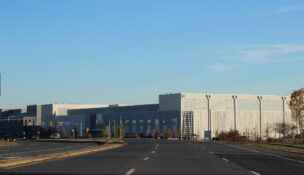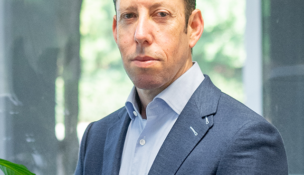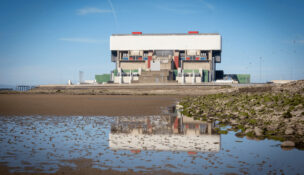JMU sustainability efforts take many forms
Virginia Business //March 31, 2013//
Harrisonburg-based James Madison University, the largest university in the Shenandoah Valley and one of its biggest employers, has various green initiatives and programs.
They include:
Engineering program: JMU’s engineering program focuses on sustainable design and looks at sustainability from an economic, technical, environmental and social angle. “If it sounds like it is something different, it is because it is,” says Bob Kolvoord, interim dean of JMU’s College of Integrated Science and Engineering. The program, which was established in 2008, has grown from an inaugural class of 45 to 450 total students today.
Wind energy: The Virginia Center for Wind Energy at JMU features a wind-testing and training facility. The school has been researching both onshore and offshore wind technology.
Transportation: JMU is working with the Virginia Clean Cities Coalition to help fleet vehicles across the state run on alternative energy. Currently, the university operates various alternative-fuel vehicles, seven of which run on propane. JMU also has the alternative-fuel vehicle laboratory where students have worked on developing electric vehicles. The campus is closed to through traffic and a student-run bicycle library allows students to borrow bicycles for free.
Valley 25 by ‘25: The goal of this project is to achieve 25 percent renewable energy in the Shenandoah Valley before 2025 by promoting renewable energy and energy efficiency. That can include small environmentally friendly efforts like teaching the community how to insulate their home properly or encouraging people to use energy-efficient lighting.
LEED certification: JMU’s Wayland Hall was the first renovated residence hall in the country to receive a platinum LEED certification, the highest recognition available. The building has a system that collects rainwater and condensate for toilet-flushing and window sensors that cut off heat.



















